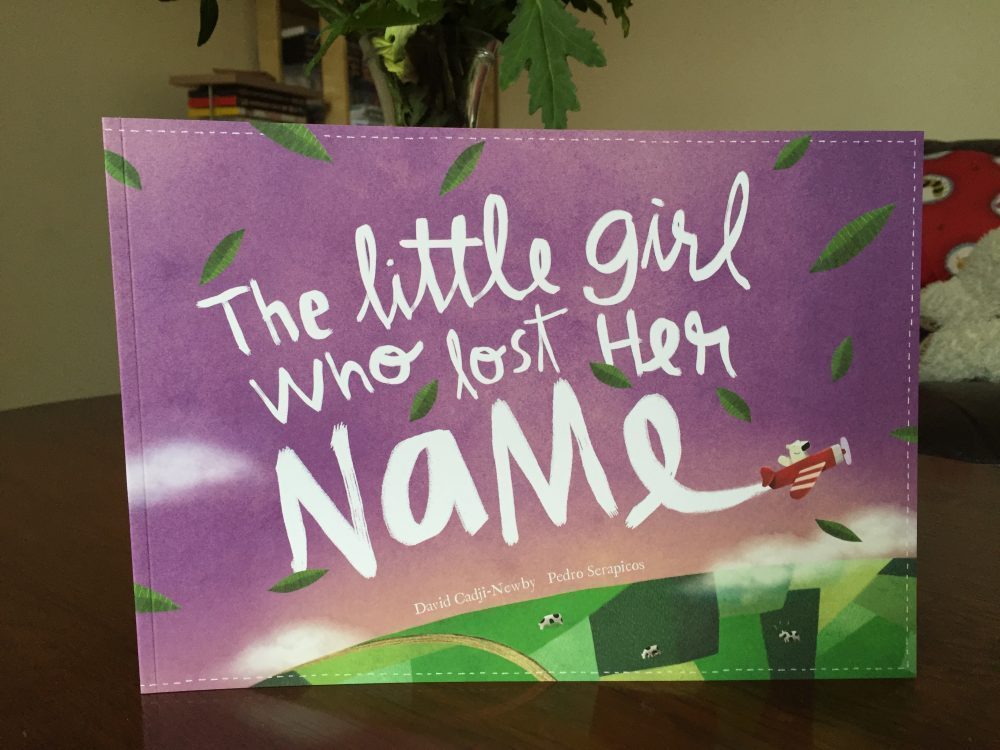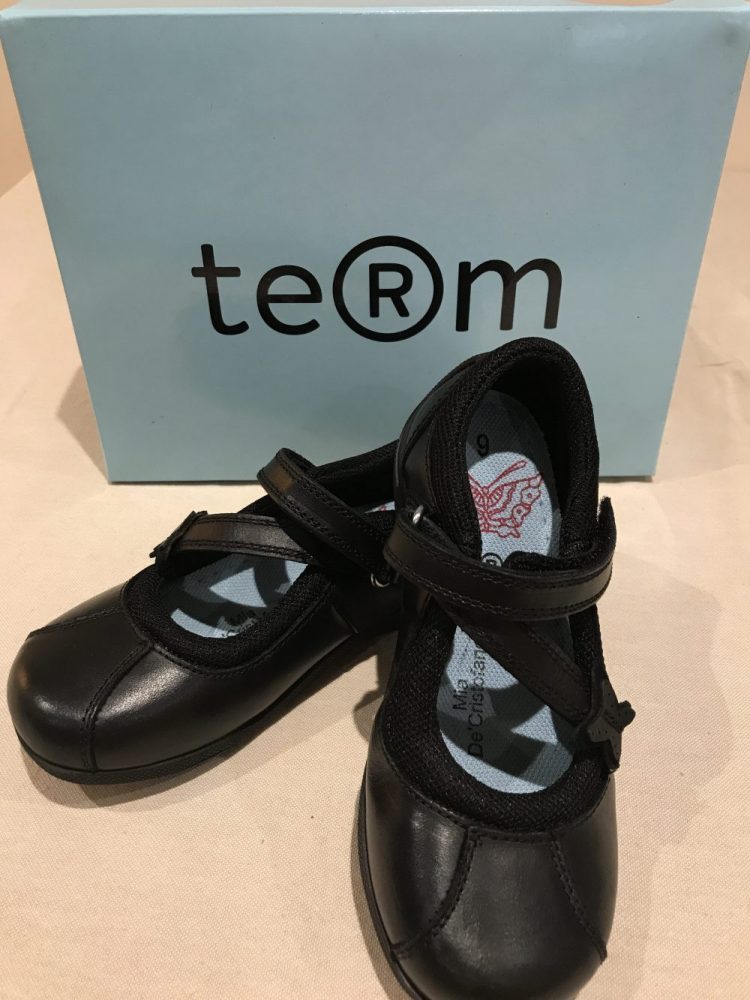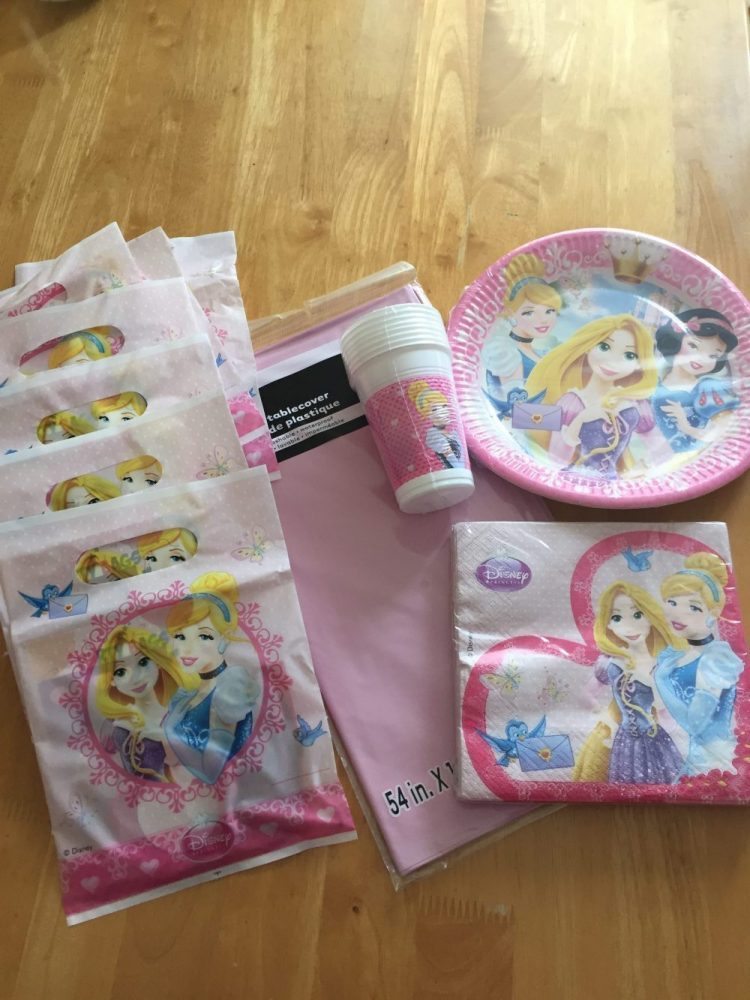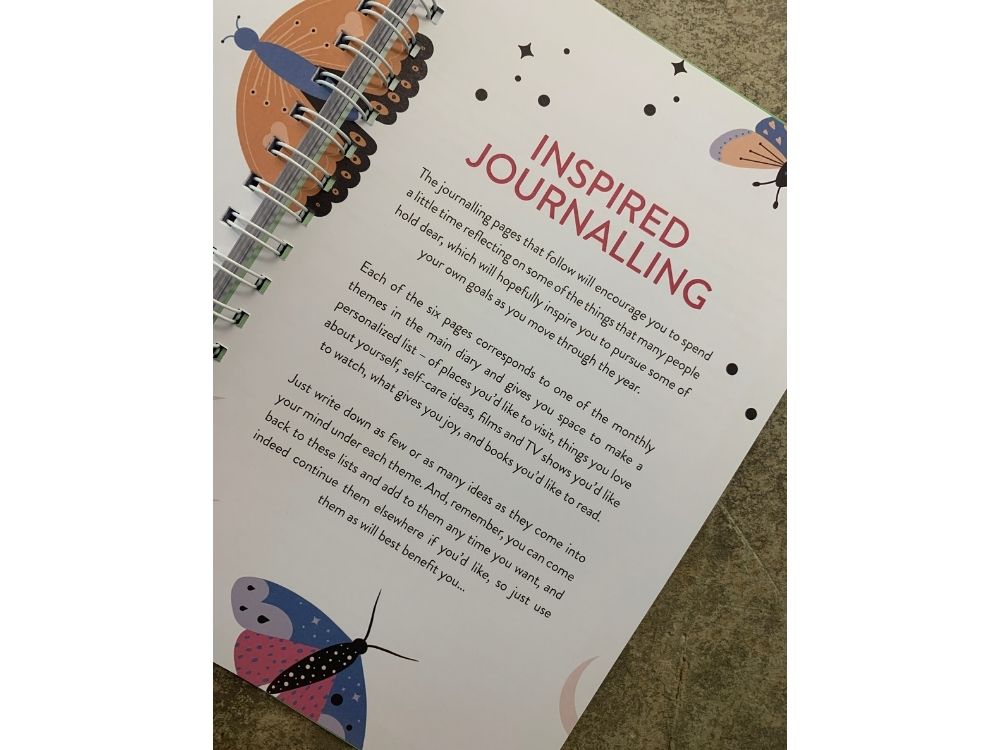
Creative Activities to Reinforce Academic Writing at Home
*This post may contain affiliate links* or products that have been sent to me for review. You can find out more in my Privacy and Cookie Policy*
This is a collaborative post
Academic writing is an essential skill for students to develop as they progress through school. However, it can often seem boring or repetitive to kids. That’s why it’s important to find creative ways to make academic writing fun and engaging at home. Transform academic writing into a creative and engaging activity at home by incorporating innovative exercises and prompts; for tailored assistance and further inspiration, consider exploring the resources offered by UK Writings to reinforce academic skills while making the learning process enjoyable for students. This allows students to practice vital writing skills while unleashing their creativity and imagination.
Journaling About Everyday Life
Having kids journal about their daily experiences is a simple way to incorporate informal writing practice. Provide them with an appealing notebook to encourage daily entries about activities, thoughts, or feelings. Occasional writing prompts like “What did you dream about last night?” or “What is your favorite room in the house and why?” spur reflection. Though journaling, children can enhance descriptive detail, sentence fluency, and voice—key facets of academic writing mastery.

Writing Stories, Poems, or Plays
Unstructured creative writing lets kids experiment with style, language, and storytelling. Encourage inventing poems, fairy tales, song lyrics, or even short skits based on favourite books, movies, or homemade plots. Peer collaboration fosters idea exchange as children assist one another in refining narratives. Displaying these literary creations around the house celebrates their hard work while building confidence.
Expository Writing About Passions
Tap into enthusiasms by having kids write nonfiction pieces explaining beloved activities, sports teams, video games, or even celebrity crushes. These fun topics feel less intimidating than scholastic essay writing but allow practicing informative explanatory skills. Encourage using an academic voice, organising details coherently, elaborating with research, and concluding with original commentary. Transform academic writing into a dynamic and enjoyable activity through creative exercises at home; for personalised guidance and expert insights, parents or students can explore resources such as the best thesis writing services to elevate their writing skills and foster a more engaging approach to learning.
Letters to Family and Friends
In today’s digital age, the lost art of letter writing helps strengthen written communication abilities. Set aside a regular time each week for composing illustrated letters to faraway relatives, summer camp pals, or even favourite authors or celebrities. Tracking responses adds excitement while expanding cultural awareness and emotional intelligence. Pen pal exchanges with other kids can sow beautiful friendships.
Book, Movie, or Game Reviews
Having kids write critical reviews spotlights analytical thinking required in expository writing. Brainstorm enjoyable books, films, restaurants, vacation destinations, video games, toys, or television shows.then encourage drafting multi-paragraph evaluations with precise descriptions, well-chosen adjectives, supporting text evidence, and opinions stated as fact versus persuasion. Comparing and contrasting similar items in a double review adds more academic rigor.
Research Reports About Questions or Interests
Inquiry-based research assignments allow students to independently investigate self-selected subjects that fascinate them using online or library resources. Have them turn findings into well-cited research reports with formal introduction and conclusion sections plus informatively captioned illustrations.Typing papers and presenting in slideshows builds crucial technological literacy while increasing content retention.
Interactive Writing Games
Incorporate educational word and vocabulary games like Bananagrams, Scrabble, Boggle, Taboo, password, charades, and Pictionary to expand linguistic sophistication in a playful environment. Friends and family members of all ages can join in the fun! Likewise timed writing challenges with small prizes elicit friendly competition while increasing typing wpm speeds, imagination, and improvisational competence.
DIY Mad Libs Stories
Mad Libs’ fill-in-the-blank tales make writing silly noun, verb, adjective choices hysterical, unexpected, and nonsensical! This builds descriptive vocabulary, grammatical awareness, and narrative Arc knowledge. Creating original mad Libs templates as a family or having kids type customised stories on the computer elevates the educational advantages. Read hysterical creations out loud at family game night!
Hands on Crafting Activities
Hand strengthening activities like jewellery making, beading, weaving, pottery sculpting, and even cake decorating help develop fine motor skills that translate to neater handwriting. Performing skits or hamming up poetry recitation with vocal inflection and physical gesturing boosts public speaking confidence for academic presentations. Even learning basic sewing, knitting, origami, whittling, model building, or woodworking improves hand-eye coordination, sequencing abilities, spatial reasoning, and design capabilities —all underlying skills connected to writing achievement.
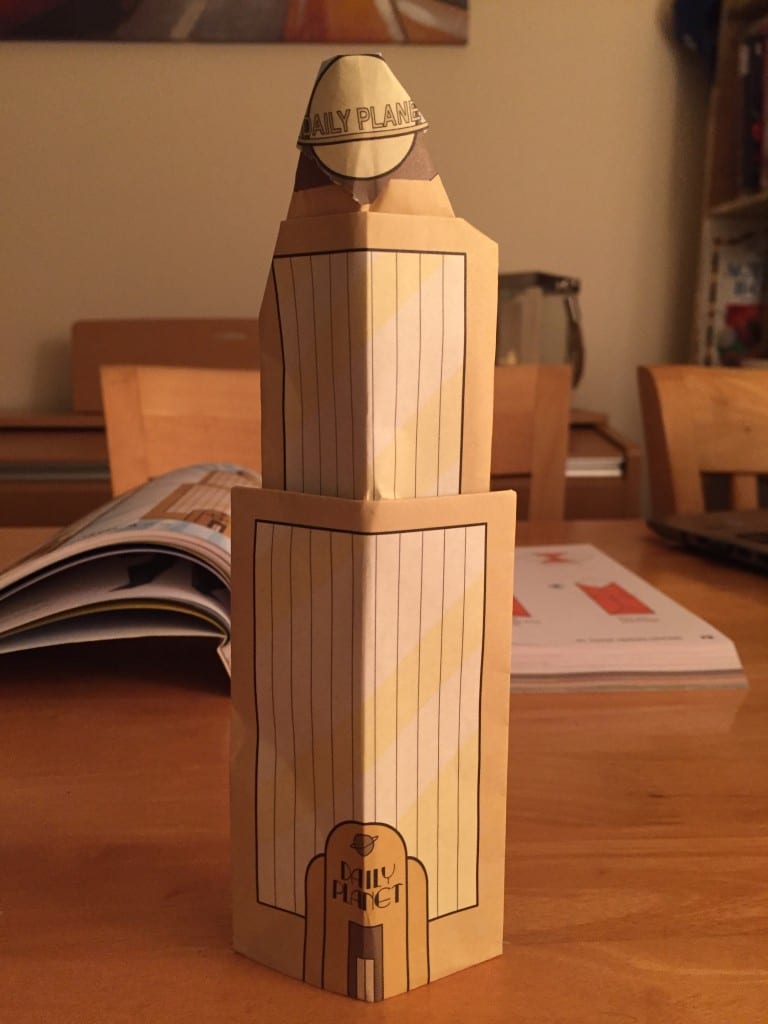
Scribe Family Stories
Older kids can embrace family history projects by planning interviews with grandparents, great aunts and uncles, parents, and siblings to hear and record interesting ancestral narratives. They can transcribe tales focusing on immigration journeys; childhood games or chores; military service; first jobs; cómo se conocieron mis padres romantic couplings, or weddings. Adding scanned vintage photographs increases interest while preserving precious generational memories in printed homespun books make meaningful holiday gifts. The nonfiction narrative writing practice even sparks new cross-generational relationships and cultural understandings.
Nature Journaling
There are so many creative ways to reinforce academic writing while inspiring ecological awareness:
Collect leaves, cicada shells, seeds, pine cones and other natural artifacts from backyard or neighbourhood wanders. Sketch biological specimens in nature notebooks, categorise flora/fauna attributes, research facts, write descriptive passages or poems about discoveries made.
Construct terrariums, ant farms, bird feeders, beehives, and flower or vegetable gardens. Keep illustrated gardening logs detailing planting challenges, growth timelines, or animal interactions spotted.
Observe night skies, clouds, moon cycles, tides, bee pollination, silkworm life stages firefly flickering etc. Draw astronomical changes or earth cycles witnessed over longer periods.
Record hiking trail experiences about habitats traversed and climatological conditions through vivid nature vignettes.
Freestyle Rap or Songwriting
For musical children, converting academic lessons or historical events into fact-filled rap songs and ballads assists memorisation of important elements through playful repetition. Literary terminology becomes rhyming lyrics. Grammar rules turn into catchy mnemonic hooks. Diary entry poems convey character perspectives or historical viewpoints. Encouraging students to perform or record these knowledge tunes for classmates makes learning infectious fun!
Academic Board Games
Board game design allows total creative freedom while targeting specific learning concepts. Encourage kids to sketch original game boards, spinner dials, playing cards etc. around literacy genres, mathematical equations, scientific notions, historical time periods or current event lessons. Incorporating trivia question and engaging answer cards adds an educational twist to family game night! Cooperative construction projects build teamwork skills too.
As this extensive list demonstrates, homes overflow with endless prospects to advance children’s writing skills in enjoyable ways. By incorporating a mixture of independent, collaborative, active, and exploratory activities, parents transform writing from boring homework into delightful adventures that build creative confidence and academic success. With reasonable time commitments, resourcefulness and supportive encouragement, parents can foster lifelong writing enthusiasts within each unique child.

